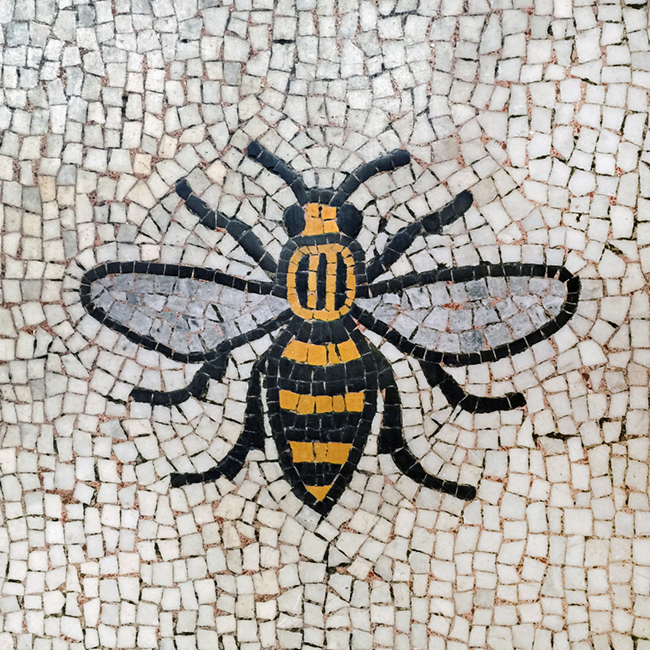I wrote about Wonderwall for the first issue of Revoice! back when it launched, and I’ve wanted to write a follow-up ever since. Luckily, living in Manchester there is no shortage of Wonderwall in my life as inspiration, and the song has a habit of popping up elsewhere too. When I took a trip to Llandudno this Summer, it was less than a few hours before I came across a floppy-haired teenage boy in the city centre playing Wonderwall with an acoustic guitar and a portable amp. After the Manchester Arena attack happened, Wonderwall saturation only deepened, as part of a broader wave of appreciation for Mancunian culture in solidarity. Two Oasis songs in particular, Wonderwall and Don’t Look Back in Anger, were sang in vigils and tributes to the victims across the country. One of the things I’d considered writing about was why exactly it is that Wonderwall continues to appear in so many different places, and why the song has the broad (but far from universal) appeal that it does. In light of recent events, I’m going to discuss a few of the times I’ve crossed paths with Wonderwall, both before and since the attack.
Tag: Manchester
Anyway, Here’s Wonderwall
A bloke with a guitar is haunting our public spaces - a bloke with a guitar playing Wonderwall. Perhaps you haven’t met him, but Wonderwall Lad is a danger to the musical wellbeing of you and everyone you hold dear. He comes in many forms, but here are some of the most common: bloke at an open mic night playing Wonderwall; bloke at a house party, with an acoustic guitar he’s brought himself, playing Wonderwall; bloke on a street corner, busking, playing Wonderwall. From these descriptions, you might think Wonderwall Lad sounds harmless enough. But he isn’t.

